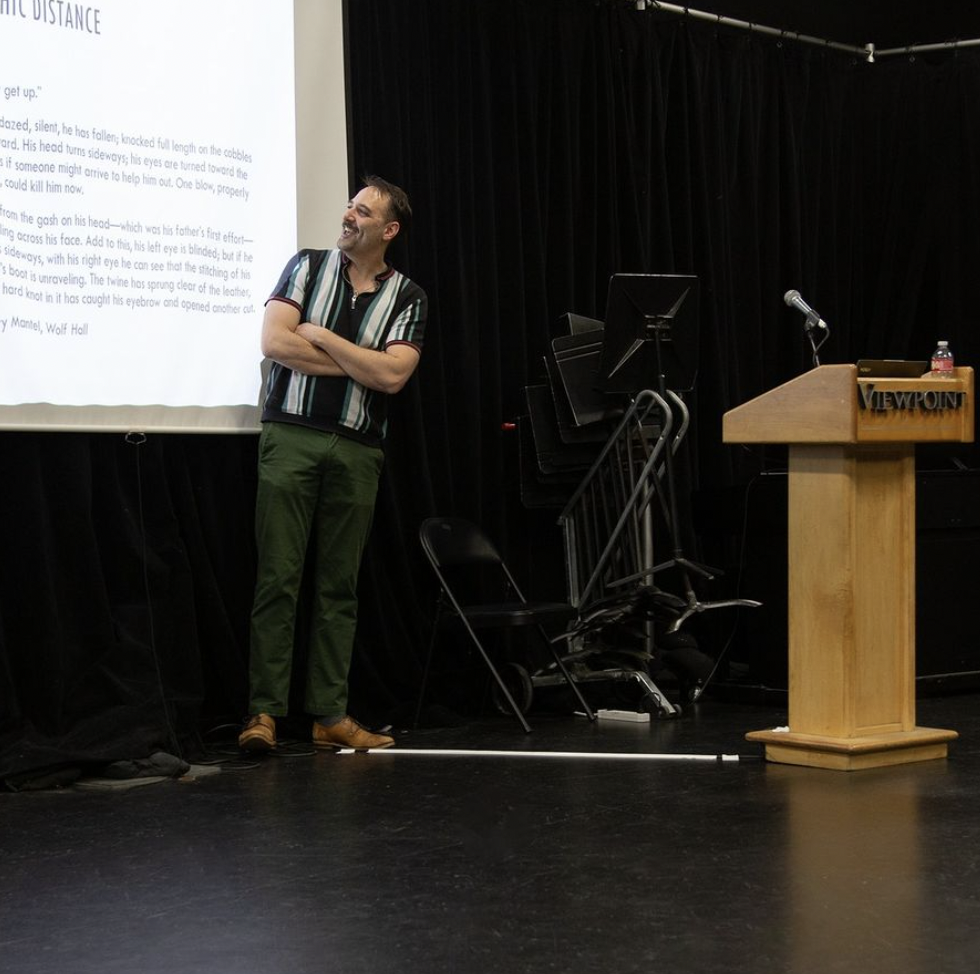A Utah teenager found herself under threats and scrutiny by fellow classmates and teachers, following a social media post by a member of the state school board, which seemed to cast doubt on her gender identity. This incident sparked widespread condemnation from prominent government figures and highlighted broader concerns about online harassment and the responsibilities of elected officials.
Natalie Cline, a longstanding member of the Utah State Board of Education, shared a photo of a high school basketball player on her Facebook page. In the caption, which has since been deleted, Cline made a misleading remark suggesting that the student was transgender, stating, “Girls’ basketball…”
The response from Governor Spencer Cox and Lieutenant Governor Deidre Henderson was swift and unequivocal. In a joint statement, they criticized Cline’s actions and called on the state’s board of education to take appropriate measures to address the situation. Additionally, they commended the Granite School District for swiftly intervening to ensure the safety and well-being of the student involved.
Expressing shock and dismay at Cline’s behavior, the officials emphasized the importance of elected representatives refraining from engaging in online harassment, particularly when it involves minors. They stressed that such behavior is unacceptable and undermines the trust and respect that should exist between public servants and the communities they serve.
In response to the public outcry, the Utah State Board of Education announced that it would consider possible actions to reprimand or censure Cline. However, they clarified that they did not possess the authority to remove her from her position.
Furthermore, the board expressed deep concern over the harmful impact of Cline’s post on students and families across the state. They assured the public that they would promptly address the matter and take appropriate action to uphold the integrity and dignity of the educational system.
Meanwhile, the parents of the high school student at the center of the controversy urged Cline to resign from her position on the school board. They described their daughter as a tomboy who has faced unfair judgment and scrutiny based on her appearance, emphasizing the importance of not making assumptions about individuals’ identities based on outward appearances.
Cline, in a public apology issued on social media, defended her actions by citing her right to free speech. She expressed regret for the negative attention her post had attracted but maintained that she had not intended to harm anyone. However, her explanation did little to quell the outrage sparked by her remarks.
This incident with Cline is not the first time she has courted controversy. In the past, she received a letter of reprimand from the board for making inflammatory comments on social media about the LGBTQIA+ community. Despite subsequent investigations clearing her of wrongdoing, concerns persist among board members regarding Cline’s conduct and its potential impact on the reputation and credibility of the educational institution she represents.












